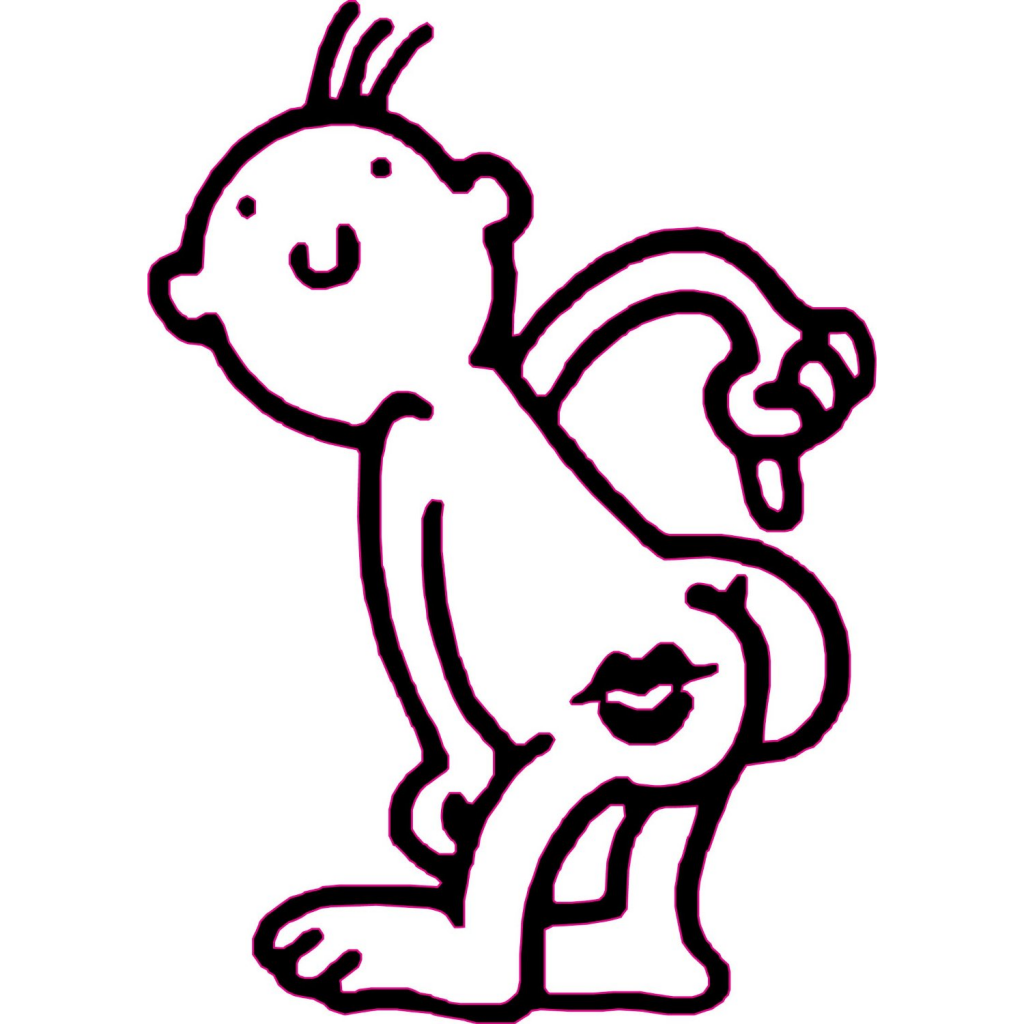Countless companies and industries enjoy making up scary stories when it comes to justifying their opposition to making it easier to repair your own tech. Apple claims that empowering consumers and bolstering independent repair shops will turn states into “hacker meccas.” The car industry insists that making it easier and cheaper to repair modern cars will be a boon to sexual predators.



Lifted and corrupted from Chinese, broadly: commodity made-in-China parts, gadgets, or other tat that’s all largely interchangeable and cheap. Brandless or with a functionally meaningless non-brand label. The type of stuff you used to get from Chinatown, but these days you’re more likely to get from Amazon, eBay, or Aliexpress.
(“Yum cha” could be less idiomatically translated from Cantonese as “drink tea,” more broadly to “go to the dim sum place,” or later even more broadly than that, “straight from Chinatown.”)
See also.
Given that I understand yum Cha in a different context (drinking tea), isn’t using this phrase to describe shitty Chinese parts a little… racist? Or at least, some form of cultural appropriation (I can’t think of a better phrase to us right now).
Well, is it more or less racist than just calling them shitty and Chinese? Or shitty because they’re Chinese?
I dunno. It’s been in at least semi-common use since the early '90’s as far as I can tell.
Well, I was curious too, don’t have an answer for you. I just feel a little uncomfortable with a phrase that I know (and have used when speaking to Cantonese people) being used in a negative fashion for a completely different thing. But maybe it’s just a cultural clash, so I wanted to clarify.